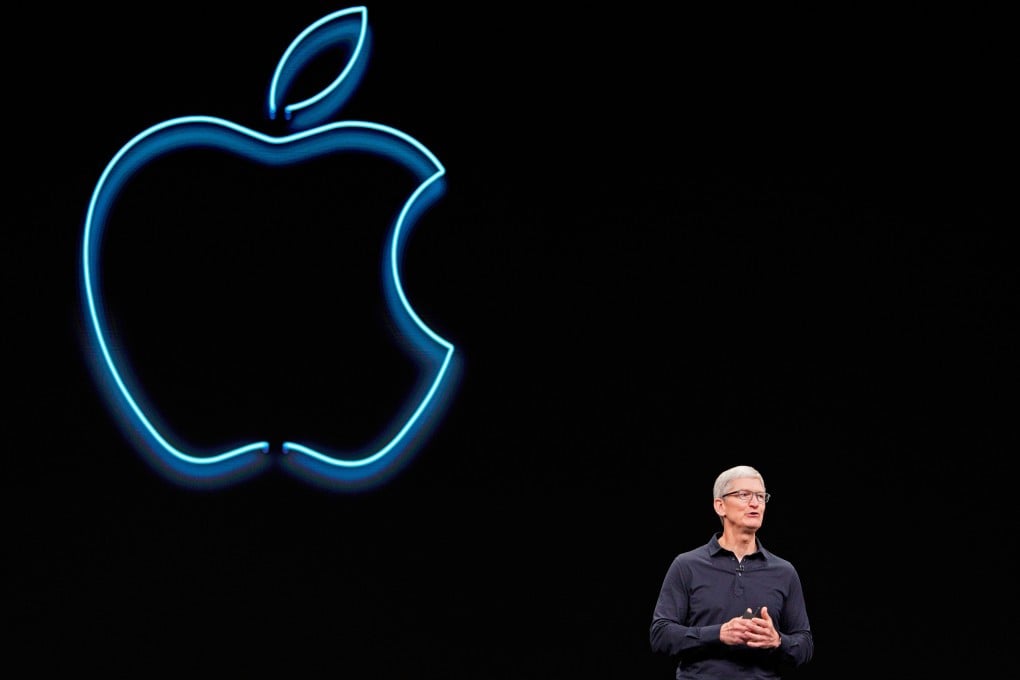Trade war casts shadow over China business prospects for US firms like Apple and Boeing
- Microsoft and Dell have been warned by Beijing they face dire consequences if they cooperate with Washington’s ban on sale of key technology to Chinese companies
- Washington’s has already put Huawei on its export ban list, therefore forcing US suppliers to severe the normal commercial ties with the company

The business prospects in China for American firms like Apple and Boeing are at risk because the mainland is rapidly becoming less welcoming and profitable, amid dampened consumer confidence, slowing growth, and an increasingly watchful state, analysts said.
The Chinese government has repeatedly assured investors from the United States that they will be treated fairly in China and have their legitimate interests protected, but recently Beijing has shown its teeth to those firms that it perceives as hostile, threatening to cut off rare earth minerals and also place firms on an “unreliable entity list” that could lead to sanctions.
According to Beijing policy statements, any US firm obeying Washington’s ban on supplying hardware or software to Chinese telecommunications equipment giant Huawei could be labelled as “hostile” and punished accordingly.
Beijing also summoned major technology firms, including Microsoft and Dell, to warn that they face dire consequences if they cooperate with Washington’s ban on sale of key American technology to Chinese companies, The New York Times reported.
Many US businesses are in danger of losing the China market for good
At the same time, China is cutting its purchases of American products significantly, with imports in the first five months of 2019 plunging 29.6 per cent from the same period in 2018, according to the figures released by China’s customs administration on Monday.